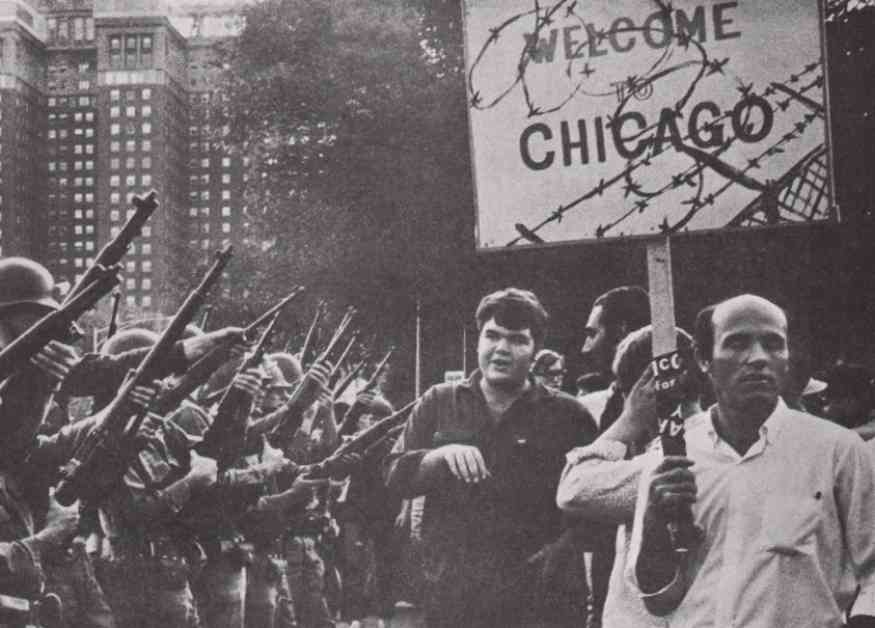When Democrats come together in Chicago to officially present their ticket to the nation, they are met with favorable political winds, according to pollsters. Vice President Harris has risen from the back of the pack to become a frontrunner, while Governor Walz, a former coach, feels confident in his position as the clock winds down. However, history shows that Democrats have not always found success in Chicago.
The infamous 1968 Democratic Convention in Chicago was marred by violent protests from leftist groups opposed to the Vietnam War, which shocked the nation. Led by conservative Mayor Richard Daley, Democrats ultimately selected Vice President Humphrey, a supporter of the war, as their nominee, leading to internal party divisions and discontent among the left wing.
Fast forward to the present day, and the political landscape has shifted significantly. The party and the city of Chicago have both moved further to the left since 1968, and there is a relative sense of unity around Vice President Kamala Harris, who is set to take center stage at the convention. Despite her rise in the party ranks, questions remain about her true level of support within the Democratic Party, given that she did not win a single primary.
Recently, Harris introduced an ambitious economic plan that has raised eyebrows and sparked controversy. The $1.7 trillion spending proposal includes price controls on food, a move that some critics argue could lead to reduced production and increased prices. The upcoming highlight of the convention will be Harris’s speech on Thursday, where she will have the opportunity to address these concerns and clarify her policy positions.
While Harris has touted her prosecutorial background, her past alignment with anti-police sentiments and lack of a clear policy platform have left many Americans uncertain about where she stands on key issues. In contrast, President Trump, her opponent, has a well-established record to run on, including deregulation and tax cuts that led to economic growth.
Despite positive media coverage, the Biden-Harris administration’s economic track record has been criticized, with rising inflation and interest rates leaving many Americans worse off than before. Additionally, their approach to foreign policy, particularly regarding Iran and Israel, has raised concerns about the administration’s stance on international conflicts.
As the convention unfolds, there are lingering questions about how Harris will address these issues and whether she will denounce or appease anti-Israel factions within the party. Chicago, a city with a rich history and cultural significance, deserves strong leadership and effective governance, free from the high crime rates and mismanagement that plague it today. The outcome of the convention and Harris’s speech will play a crucial role in shaping the Democratic Party’s direction moving forward.


